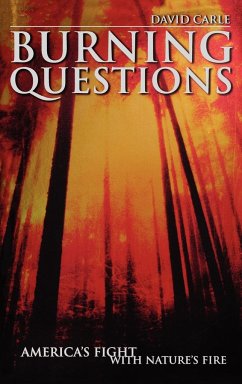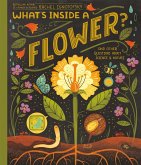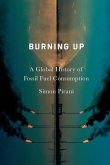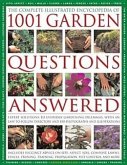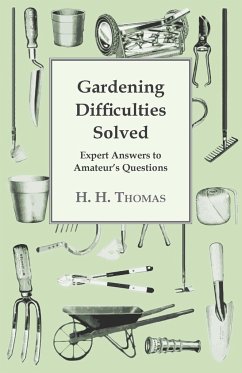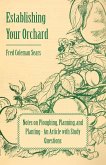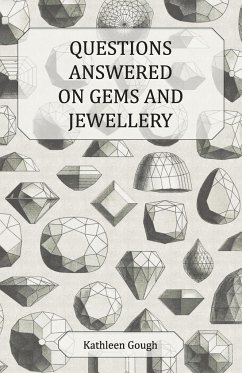A burning mix of diesel fuel and gasoline drips from handheld canisters onto the ground. Slowly a line of fire begins to creep downhill. The flames are well behaved, almost hesitant. This is a backing fire, unlikely to attract media attention unless it escapes, like the disastrous Los Alamos Cerro Grande fire did in 2000. This book explores a century of controversy over prescribed burning-using fire as a tool-and fire suppression. For more than 100 years, America waged an all-out war against wildland fire. Decades of fire suppression caused fuels to build up at alarming levels in our forests, culminating in the increasingly severe, uncontrollable fires of the late 20th century-the fires in Yellowstone, the Oakland Hills, and Los Alamos and the fires in summers of 2000 (the second worst fire season in the nation's history) and 2001. Looking at these and earlier fires, Carle uses the voices of those who were involved, of those who were early advocates, and of today's proponents to examine the role of controlled burning. Early in the century, Harold Biswell, a pioneer in prescribed burning, dared to commit the heresy of questioning the dogma of fire suppression, despite professional controversy and opprobrium, he and a few other pioneers led the way. Their roles play an integral part in the story told here. In Biswell's words, fire is a natural part of the environment, about as important as rain and sunshine. . We must work more in harmony with nature, not so much against it. Can humanity, this book asks, learn to become a fire-adapted species?

